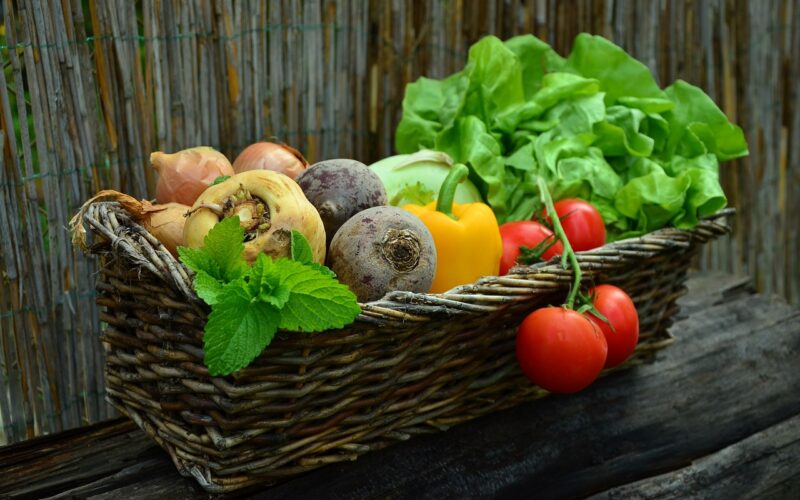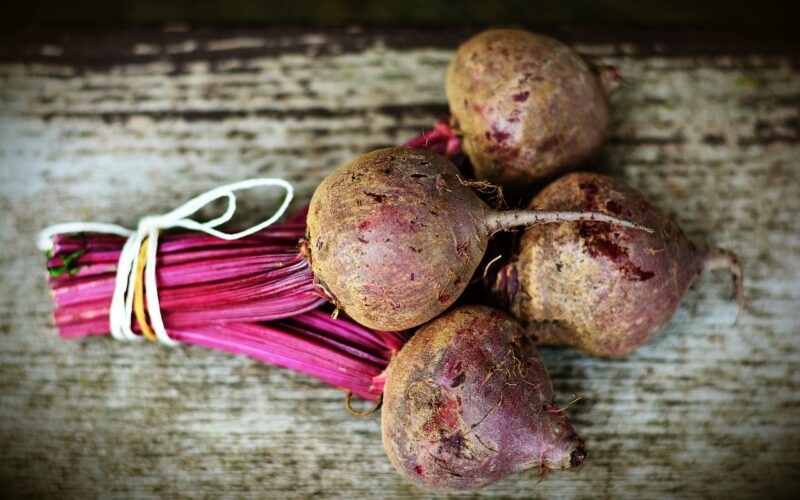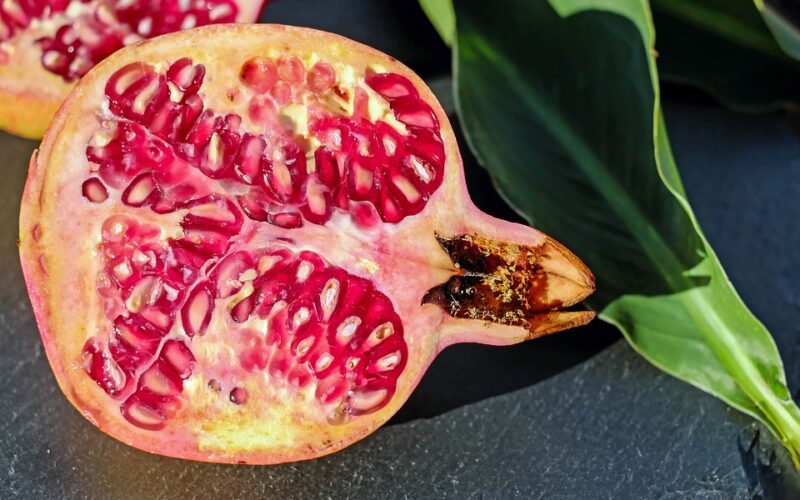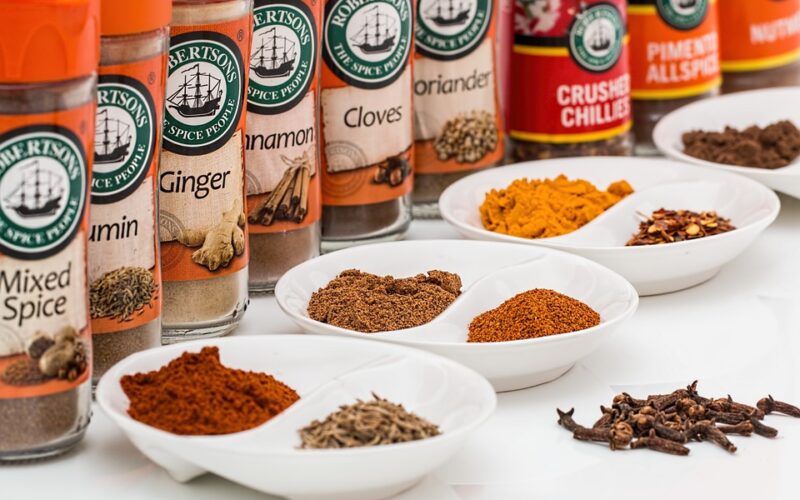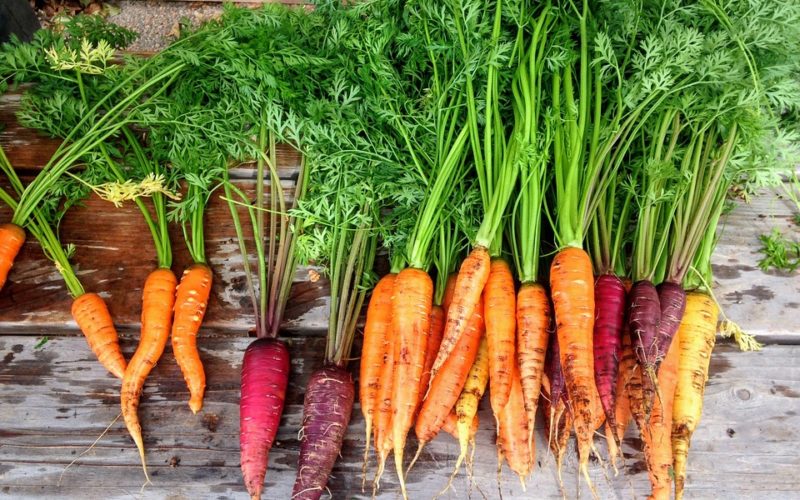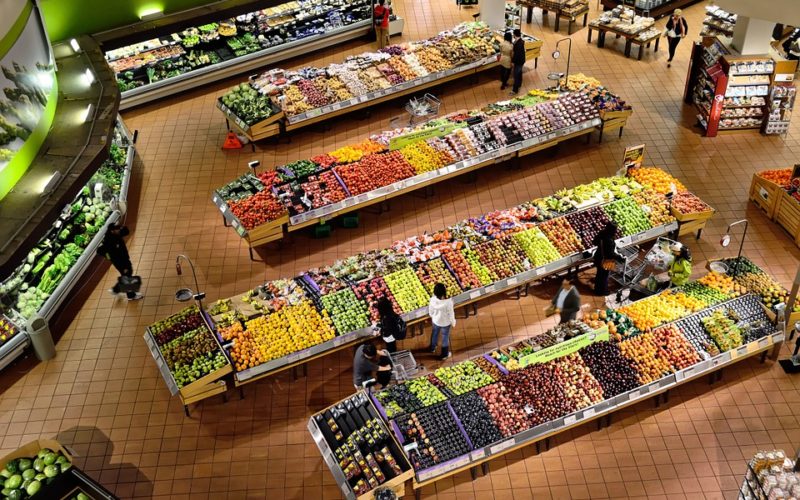In today's world, it seems like we're constantly bombarded with images of juicy burgers, sizzling steaks, and succulent chicken dishes. The consumption of meat has become ingrained in our culture and is often seen as a symbol of wealth and indulgence.
However, as more and more people become aware of the environmental impact and ethical concerns surrounding the meat industry, there has been a growing movement towards plant-based diets. This shift away from meat is not just a passing fad, but rather a conscious decision made by individuals who are concerned about their health, the well-being of animals, and the planet we call home.
Growing trend of plant-based diets
In recent years, there has been a surge in popularity of plant-based diets. More and more people are making the conscious decision to turn away from meat and opt for plant-based alternatives. This shift in dietary habits can be attributed to several reasons. For some, it's a healthier lifestyle choice. Plant-based diets are typically lower in saturated fat and cholesterol, which can lead to a reduced risk of heart disease and other health conditions.
Others may be motivated by a desire to reduce their environmental impact, as animal agriculture is a major contributor to greenhouse gas emissions and deforestation. And let's not forget about the moral and ethical considerations that come into play when it comes to animal welfare. Whatever the reason, it's clear that the trend towards plant-based diets is here to stay.
Health benefits of reducing meat consumption
Eating less meat or eliminating it from your diet altogether can provide numerous health benefits. Research shows that a diet rich in fruits, vegetables, whole grains, and plant-based proteins can effectively lower the risk of heart disease and obesity. Consuming plant-based foods instead of meat can also help lower blood pressure and cholesterol levels, promoting better overall cardiovascular health. Moreover, incorporating a vegetarian or vegan diet into your routine can improve digestion, enhance energy levels, and provide better weight management.
Additionally, by avoiding red and processed meats, individuals can reduce their risk of certain types of cancer, such as colorectal cancer.
Environmental impact of meat production
Meat production has a significant impact on the environment. Not only does it contribute to greenhouse gas emissions, but it also requires large amounts of water and land. Choosing plant-based alternatives can have many benefits, both for the planet and for our health. Plant-based diets can reduce our carbon footprint and help to preserve natural resources.
Incorporating more fruits, vegetables, and whole grains into our diets can also lead to lower rates of chronic diseases. By making small changes in our food choices, we can make a big impact on the future of our planet.
Cost-effectiveness of plant-based meals
As more people look for ways to reduce their environmental impact and improve their health, the cost-effectiveness of plant-based meals versus meat-based meals has become a hot topic. While many assume that a plant-based diet is expensive, studies have found that it can actually be more cost-effective in the long run. This is because plant-based meals tend to rely on affordable ingredients such as grains, legumes, and vegetables, which are often less expensive than meat.
Consuming a diet that is high in vegetables and fruits has been linked to reduced healthcare costs in the long run due to reduced risk of chronic diseases such as diabetes and heart disease. As such, it may be worth considering ways to incorporate more plant-based meals into your diet for both environmental and financial reasons.
Transitioning to a plant-based diet
Making the transition to a plant-based diet can seem like a daunting task, but with a little bit of preparation and exploration, it can be a rewarding and enjoyable lifestyle change. One of the most important things to consider when transitioning is meal planning. This includes ensuring that your meals are nutritionally balanced, and that you have plenty of tasty options to choose from.
Luckily, with the abundance of plant-based recipes available online, this is easier than ever before. From plant-based protein sources like tofu and tempeh, to colourful veggies and hearty grains, there are so many delicious options to explore.
